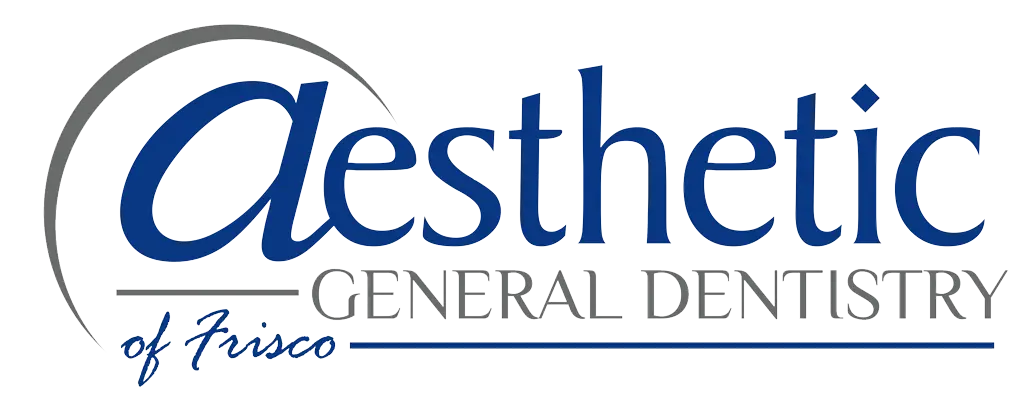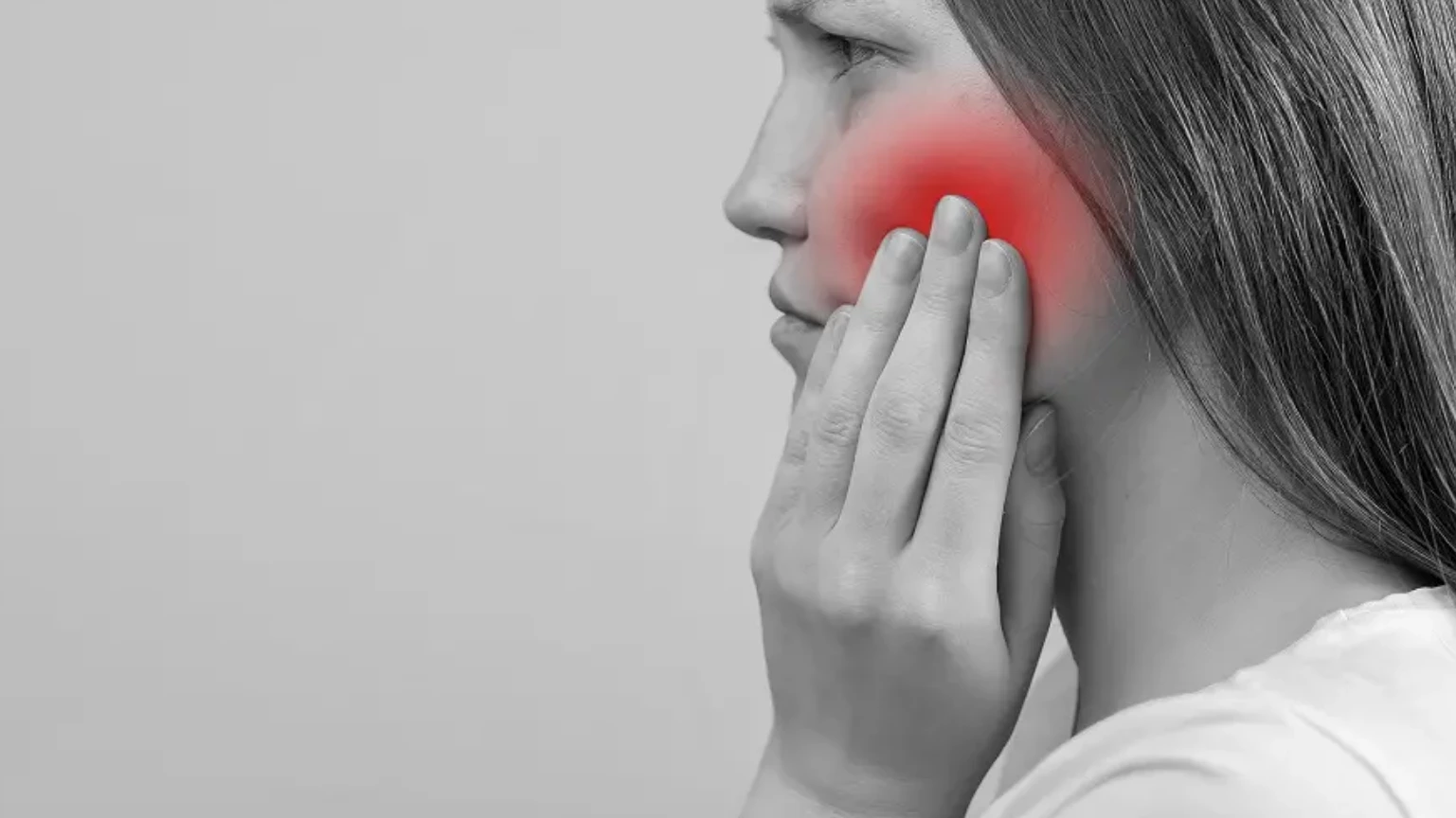Dental checkups are crucial in identifying and addressing jaw discomfort stemming from toothache. When experiencing toothache-related jaw discomfort could indicate underlying dental issues such as tooth decay, gum disease, or temporomandibular joint (TMJ) disorders.
During a dental checkup, the dentist thoroughly examines the teeth, gums, and jaw to diagnose the root cause of the discomfort. This comprehensive evaluation allows the dentist to detect any signs of dental problems early on, preventing them from worsening and causing further pain.
By addressing the underlying dental issues through appropriate treatments such as fillings, root canal therapy, or gum disease treatment, dental checkups help alleviate jaw discomfort and restore oral health.
Can dental checkups effectively alleviate jaw discomfort caused by toothaches?
Yes, dental checkups can effectively alleviate jaw discomfort caused by toothaches. Dental concerns like tooth decay, gum disease, and TMJ disorders can cause toothaches and jaw pain. The dentist examines the teeth, gums, and jaw during a dental checkup to determine the reason for the pain. Dental examinations relieve jaw pain and restore oral health by detecting and treating dental concerns early.
Dental check ups deliver customized care and treatment programs based on patient needs. To cure the dental disorders causing jaw pain, the dentist may recommend fillings, root canal therapy, or gum disease treatment.
The dentist may also recommend dental hygiene, lifestyle changes, and preventive actions to relieve jaw pain and prevent toothaches. By scheduling frequent dental examinations, people can alleviate toothache-related jaw pain and preserve excellent oral health.
What are common causes of jaw pain related to toothaches, and how do dental checkups address them?
Common causes of jaw pain related to toothaches include:
- Tooth Decay: Cavities, or tooth decay, arise when mouth bacteria generate acids that erode the tooth enamel. This can lead to sensitivity, pain, and inflammation in the affected tooth, which may radiate to the surrounding jaw area.
- Gum Disease: Dental gum disease is bacterial gum infection and plaque buildup. In advanced stages, gum disease can cause inflammation, gum and jawbone swelling and discomfort.
- TMJ Disorders: Temporomandibular joint (TMJ) disorders affect jaw joint and muscles, causing pain, stiffness, and difficulty with jaw movement. Toothaches and jaw pain can be symptoms of TMJ disorders, often exacerbated by teeth grinding or clenching.
- Impacted Teeth: Impacted wisdom teeth or other teeth that fail to erupt correctly can cause pressure, pain, and discomfort in the jaw area.
During dental checkups, dentists address these common causes of jaw pain related to toothaches:
- Examination: The dentist thoroughly inspects the teeth, gums, and jaw to identify any signs of tooth decay, gum disease, or TMJ disorders. This may include visual inspection, dental X-rays and other diagnostics to evaluate the teeth and surrounding structures.
- Treatment: Based on the examination findings, the dentist customizes treatment to address underlying dental issues causing the jaw pain. This may involve filling or root canal therapy for tooth decay, scaling and root planing for gum disease, or splints or physical therapy for TMJ disorders.
- Preventive Care: In addition to treating existing dental problems, dental checkups also focus on preventive maintenance of dental health and prevent problems. This may include professional cleanings, fluoride treatments, and dental hygiene and lifestyle education for patients habits.
Dental checkups help alleviate discomfort and promote overall improved dental health by treating toothache-related jaw pain. Early detection requires regular dental appointments, prompt treatment, and prevention of dental issues that can contribute to jaw pain and other oral health problems.
Are there specific dental treatments during check ups that target jaw discomfort from toothaches?
Yes, specific dental treatments during checkups target jaw discomfort from toothaches, depending on the underlying cause of the pain. Some of these treatments include:
- Fillings: If tooth decay is the cause of the toothache and resulting jaw discomfort, the dentist may suggest a cavity filling and restore the tooth’s structure.Fillings are usually composite resin or amalgam help alleviate pain by sealing off the damaged area and preventing further decay.
- Root Canal Therapy: For more severe cases of tooth decay where the infection has reached root canal therapy may involve the pulp chamber needed. In this surgery, the dentist removes contaminated pulp, disinfects the root canal, and closes it to prevent reinfection. Root canal therapy effectively relieves toothache pain and associated jaw discomfort while preserving the natural tooth.
- Gum Disease Treatment: If gum disease is contributing to jaw discomfort, the dentist may recommend periodontal therapy to remove bacteria and plaque buildup from below the gum line. This may involve scaling and root planing to remove tartar and smooth out rough areas on the tooth roots, reducing inflammation and promoting gum healing.
- Orthodontic Treatment: If tooth misalignment or bite issues are causing jaw discomfort and toothaches, the dentist may suggest orthodontics to align the teeth of the teeth and improve bite function. This may involve braces, clear aligners or other orthodontic devices to progressively realign teeth and alleviate pressure on the jaw joints.
- Night Guards or Occlusal Splints: For patients experiencing jaw discomfort due to teeth grinding or clenching (bruxism), the dentist may prescribe a custom-fitted night guard or occlusal splint to wear while sleeping. These dental devices shield teeth damage and reduce strain on the jaw muscles, relieving pain and discomfort associated with bruxism.
By addressing the underlying dental issues contributing to jaw discomfort during checkups, dentists can provide targeted pain relief and oral health treatments. Early detection requires regular dental appointments, prompt treatment, and prevention of dental problems that can cause jaw pain and other oral health issues.
How frequently should one undergo dental checkups to effectively manage jaw discomfort stemming from toothaches?
The frequency of dental exams to manage toothache-related jaw pain varies depending on the individual’s oral health, risk factors, and ongoing dental difficulties. For ordinary preventive care, most dentists recommend six-month exams. However, more frequent dental exams may be needed to treat jaw pain and toothaches. Treatment depends on symptom severity needs, the dentist may recommend checkups every three to four months.
Patients with a history of tooth decay, gum disease, or TMJ difficulties may benefit from dental checkups more often to evaluate oral health and prevent complications. Consult a dentist to establish the frequency of dental checkups. Regular dental appointments and open conversations with the dentist can help people manage toothache-related jaw pain and preserve good oral health.
Relieve Jaw Pain: Schedule Dental Checkups!
At Aesthetic General Dentistry of Frisco, we offer personalized care to address jaw discomfort stemming from toothaches. Our experienced team conducts comprehensive dental checkups to diagnose and treat the underlying causes of jaw pain, including tooth decay, gum disease, and TMJ disorders.
With tailored treatment plans and state-of-the-art technology, we effectively alleviate discomfort and restore oral health. Patients can proactively manage jaw pain and prevent future dental issues by prioritizing regular dental visits.
Trust in our expertise to provide compassionate care and customized solutions for optimal oral health and well-being. Schedule your dental checkup today for relief from jaw pain!

